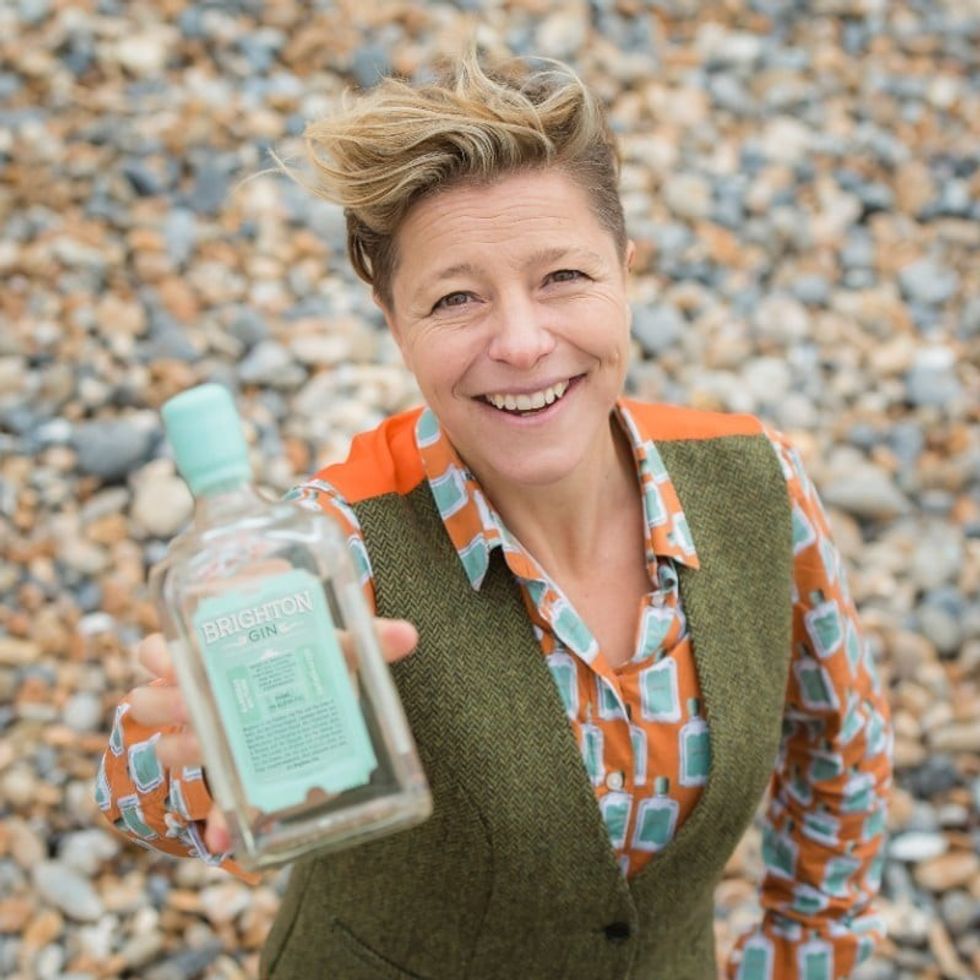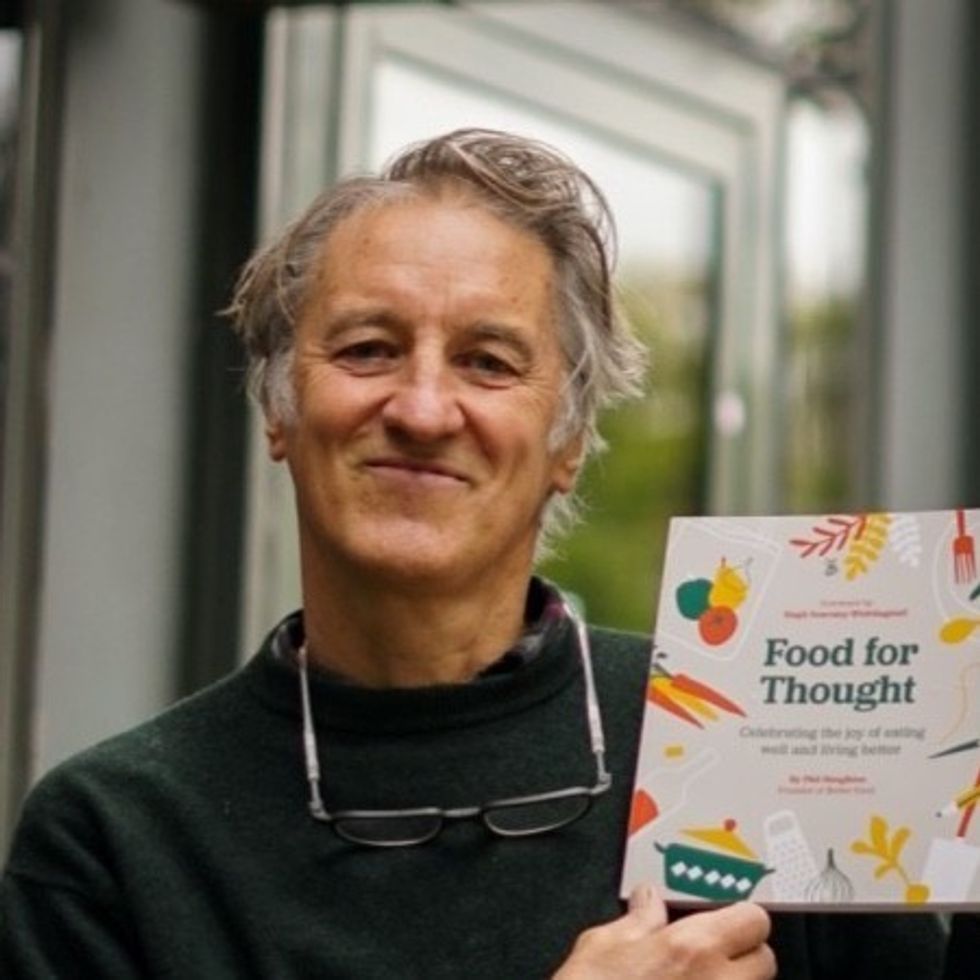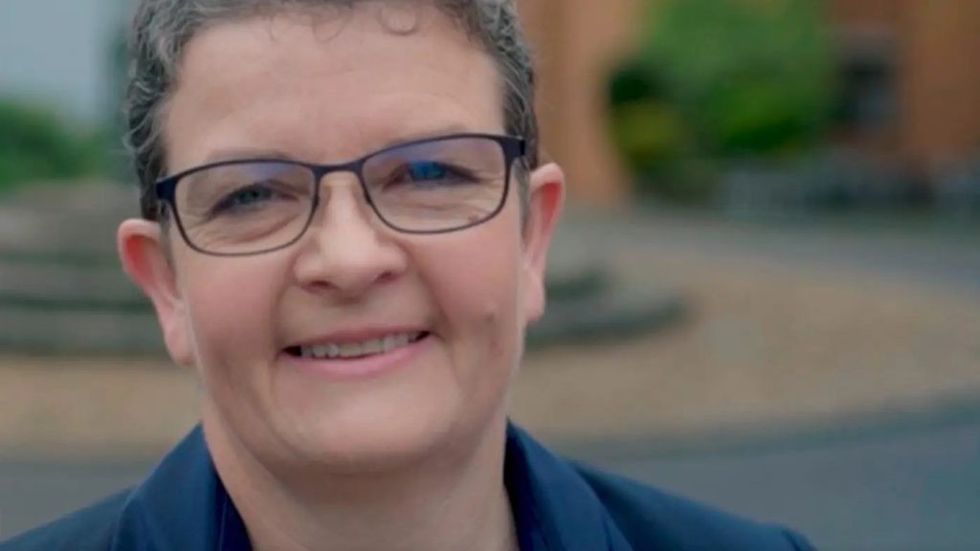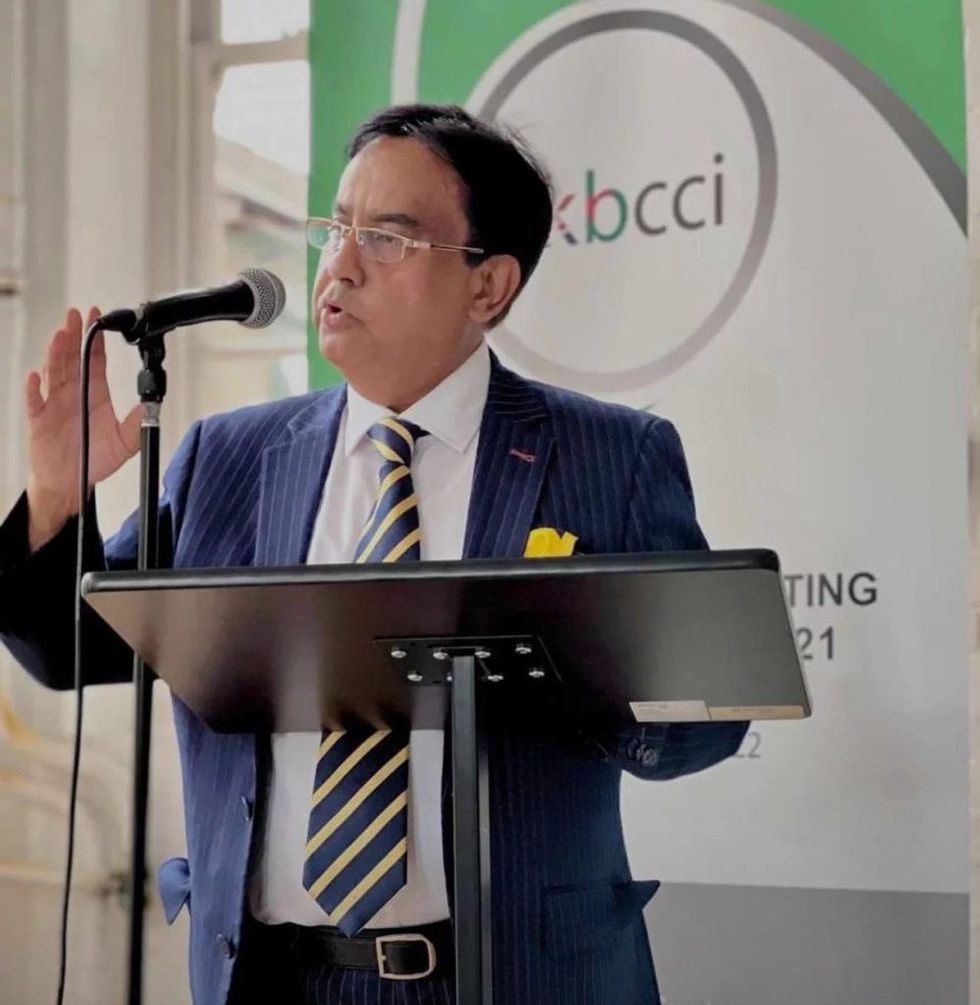Pub tycoon Tim Martin has been given a knighthood in the King's New Year Honours List 2024 for services to hospitality and to culture.
Founded by Martin in 1979, JD Wetherspoon now operates over 800 pubs and hotels across the UK, employing over 43,000 people.
One of the most high-profile supporters of Brexit, the 68-year-old has also been a vocal critic of the shutdown of businesses during the Covid-19 pandemic. The pub chain has bounced back to profits in its 2023 fiscal year after three years in the red, with sales touching almost £2 billion in the year to July 2023, an increase of 10.6 per cent year on year.
Commenting, Sir Tim said he would like to think the knighthood is not for his “rarely disclosed” political views but for “what it says on the tin”.
“I always think that, in the pub world, it is a team effort - even if you've just got one pub there are many people involved,” he told the PA news agency.
“I think it's the Wetherspoon colleagues and customers who are getting the award really, that's the way I look at it. I'm just the lucky recipient.”
Martin is known for repurposing high street buildings, such as banks and theatres, while retaining the unique architectural identity and culture of high streets.
OBEs
Martin McTague, national chair of the Federation of Small Businesses (FSB), has been made an Officer of the British Empire (OBE) for services to small businesses.
As national chair, McTague works closely with government and opposition leaders, attending ministerial meetings and representing FSB and its members at the most senior levels. He also works to ensure that members’ views are represented in international institutions.

He was appointed as national chair of FSB in March 2022. Prior to this, he was FSB national vice chair, policy and advocacy (from 2021) and FSB policy and advocacy chair, a role he was elected to in March 2016.
McTague started his own business over three and a half decades ago and now currently owns and manage three businesses, offering public policy, engineering and IT consultancy services. He has served on the government’s Low Pay Commission since 2018.

Andrew Murphy, former group chief operating officer of John Lewis Partnership, which runs John Lewis department stores and Waitrose supermarkets, has also won an OBE for services to the British retail industry.
He has been with John Lewis Partnership for over 30 years before leaving the company in summer 2023. Murphy joined toy retailer The Entertainer as its chief executive in October.
Paul Heygate, joint managing director of Northampton-based Heygate Group, has won an OBE for services to the food industry and to charity.
The Heygate Group spans farming, flour and feed milling and baking, with ten flour mills on four sites, a feed mill, two modern bakeries and 7500 acres of mainly arable land in England.

The family business has farmed in Northamptonshire since 1562 and moved into milling in the 19th century, when Paul’s grandfather Arthur Robert Heygate Senior took over the family mill at Bugbrooke.
Employing over 900 staff, the group produces more than 80 grades of flour for breads, cakes, pizzas, burger buns, chapattis, biscuits and more, besides supplying large manufacturing plants, in-store supermarket bakeries and craft bakers.
Paul Heygate has served as chairman of the Farmers Club, director of agriculture research institute NIAB, president of the industry association nabim, chair of the Flour Advisory Bureau and Master of the Worshipful Company of Bakers, making huge contributions to the UK milling and baking industries.

Salim Janmohamed, the chairman and founder of Karali Group, a family-owned business with a four-decade plus track record in the quick-service restaurant and hospitality sectors, has made an MBE for charitable and voluntary services to faith communities.
Karali has been the largest independent UK Burger King franchisee until they divested the 74-store portfolio to Burger King’s UK arm in 2022. The group also has a host of own-brand concepts, and since expanded into the US market via the acquisition of a portfolio of Burger King restaurants across Ohio and Pennsylvania.
A keen philanthropist, Janmohamed is a senior volunteer in his Ismaili community and plays an active part in the local communities where his businesses operate.
MBEs
Kathy Caton, founder and managing director of Brighton Gin, has been made a Member of British Empire (MBE) for services to trade and to the community in Brighton.

Founded in 2012, Brighton Gin is the first distillery on the South Coast, with a focus on ethical and sustainable production. Besides gluten-free, they are also the first craft gin to be certified 100% vegan, including the wax bottle tops and the gum they use to stick the labels.
Martyn Hillier, founder of Micropub Association, has won an MBE for services to business and to hospitality.

Hillier opened the very first micropub in Herne, Kent - The Butchers Arms - way back in 2005, and has since been leading the micropub movement. He gives advice tirelessly to other would-be micropub owners and has formed a small but like-minded group, the Micropub Association where people can ask questions and get free advice on opening their own micropub.

Phil Haughton, founder of Better Food, the Bristol-based organic retailer, has been awarded an MBE for services to sustainable food initiatives and to the community in Bristol.
Fighting for food justice, supporting the hard-working hands of organic farmers and producers, and advocating for the balance of food and nature have all been part of Haughton’s mission and his passion for almost five decades.
He founded Better Food, an independent retailer and café, specialising in organic, local and ethical food and products, in 1992. From humble beginnings packing veg boxes in a kitchen in Bristol’s St. Werburghs, they have now expanded to four locations across the city, employing over 100 people.
Nick Johnson and Jenny Thompson, co-founders of Market Operations, which develops food markets, have been made MBEs for services to business and to the food sector.
Enthusiasts of independent food and drink retail, they have developed three celebrated food markets in the greater Manchester area: Altrincham Market, Mackie Mayor and Picturedrome. Their reinvention of Altrincham Market into a thriving food hub has been credited with revitalising the town, and kickstarting the food hall trend.
Dr Julia Fentem, executive vice president - safety, environmental and regulatory science at Unilever, has won an MBE for services to human health and animal welfare.

A champion of non-animal testing, she has been Unilever’s work to develop non-animal safety science for more than 20 years, propelled by her deep commitment to helping to bring an end to animal testing for all consumer products anywhere in the world.
Mohammed Gulam Moula Miah, chairman of Rajnagar Business Group and Moula Foundation, has been honoured with an MBE for services to the Bangladeshi community and to charity.

Moving to the UK in 1980, Moula’s began his career at his family clothing manufacturing business on a part-time basis, whilst gaining experience in the hospitality sector in a family restaurant. He redirected his expertise fully towards the hospitality sector since 1987, launching his first multi-award-winning restaurant, Rajnagar International, which was followed by a successful chain of restaurants. This expanded into the hotel, land and property development sector in UK and Bangladesh.
A prominent British Bangladeshi community activist, he has shown consistent effort to promote the Midlands’ Bangladeshi community to the rest of the UK and supports many charities across the UK and Bangladesh.
Three leading chefs, Paul Hollywood, Jeremy Lee and Simon Rogan, have also been made MBEs.






